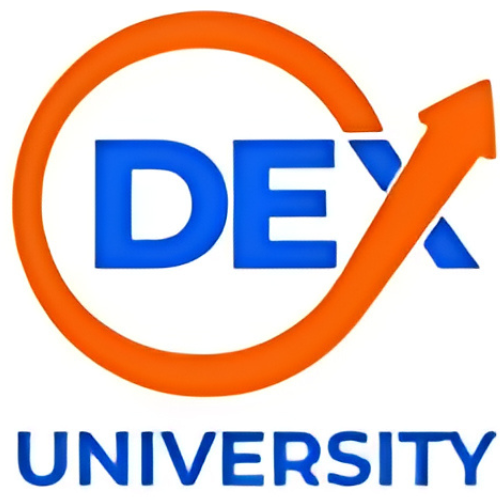As the landscape of higher education continues to evolve globally, Cameroon is witnessing significant shifts that promise to reshape its academic environment. The future of higher education in Cameroon is being driven by a combination of technological advancements, innovative teaching methods, and evolving societal needs. This blog explores the key trends and innovations that are set to define the future of higher education in Cameroon.
1. Integration of Technology in Education
The integration of technology is one of the most transformative trends in higher education. In Cameroon, universities are increasingly adopting digital tools to enhance learning experiences. From virtual classrooms to online resources, technology is making education more accessible and flexible. Institutions are investing in Learning Management Systems (LMS) to facilitate online courses, manage assignments, and track student progress. This shift not only expands learning opportunities but also prepares students for a digital workforce.
2. Growth of Online and Hybrid Learning
Online and hybrid learning models are gaining traction in Cameroon. The COVID-19 pandemic accelerated the adoption of remote learning, and many universities are now offering a blend of in-person and online courses. This hybrid approach allows students to benefit from flexible learning schedules while still engaging in face-to-face interactions. Universities are developing robust online platforms and tools to support this transition, making education more inclusive and adaptable to various needs.
3. Focus on Industry-Relevant Skills
As the job market evolves, there is a growing emphasis on equipping students with industry-relevant skills. Cameroonian universities are aligning their curricula with the demands of the modern workforce, incorporating practical skills and experiential learning. Programs are being redesigned to include internships, co-op placements, and industry partnerships. This focus ensures that graduates are not only academically proficient but also prepared to meet the needs of employers in sectors such as technology, engineering, and business.
4. Promotion of STEM Education
Science, Technology, Engineering, and Mathematics (STEM) education is becoming a priority in Cameroon. The government and educational institutions are promoting STEM programs to drive innovation and economic development. Scholarships, grants, and specialized programs are being introduced to encourage students to pursue STEM fields. By investing in STEM education, Cameroon aims to build a skilled workforce capable of addressing national and global challenges.
5. Expansion of Access to Higher Education
Expanding access to higher education is a crucial focus for Cameroon. Efforts are being made to increase the number of universities and higher education institutions across the country, particularly in underserved regions. Scholarships, financial aid, and community outreach programs are being developed to support students from diverse backgrounds. This expansion aims to provide more opportunities for higher education and promote social equity.
6. Emphasis on Research and Innovation
Research and innovation are central to the future of higher education in Cameroon. Universities are strengthening their research capabilities and fostering collaborations with international institutions. Research centers and innovation hubs are being established to support scientific research and technological development. By focusing on research, Cameroonian universities aim to contribute to knowledge creation and address local and global issues.
7. Development of Soft Skills and Leadership Training
In addition to technical knowledge, there is an increasing focus on developing soft skills and leadership qualities. Universities are incorporating training in communication, teamwork, and problem-solving into their programs. Leadership development initiatives are being introduced to prepare students for managerial and leadership roles in their careers. These skills are essential for personal and professional growth in a competitive job market.
8. Sustainability and Green Initiatives
Sustainability is becoming an integral part of higher education in Cameroon. Universities are adopting green practices and integrating sustainability into their curricula. From energy-efficient campus buildings to research on environmental issues, there is a growing commitment to promoting environmental responsibility. These initiatives align with global efforts to address climate change and promote sustainable development.
9. Strengthening Industry-Academia Collaboration
Collaboration between academia and industry is essential for aligning education with real-world needs. Cameroonian universities are building partnerships with businesses and industries to enhance curriculum relevance and provide students with practical experiences. Industry professionals are being involved in curriculum development, guest lectures, and mentorship programs, bridging the gap between academic learning and industry expectations.
10. Cultural and Regional Integration
As higher education evolves, there is a focus on integrating cultural and regional perspectives into academic programs. Universities are promoting diversity and inclusivity, ensuring that education reflects the rich cultural heritage of Cameroon. Regional studies and local content are being incorporated into curricula to foster a deeper understanding of Cameroonian society and its unique challenges.


